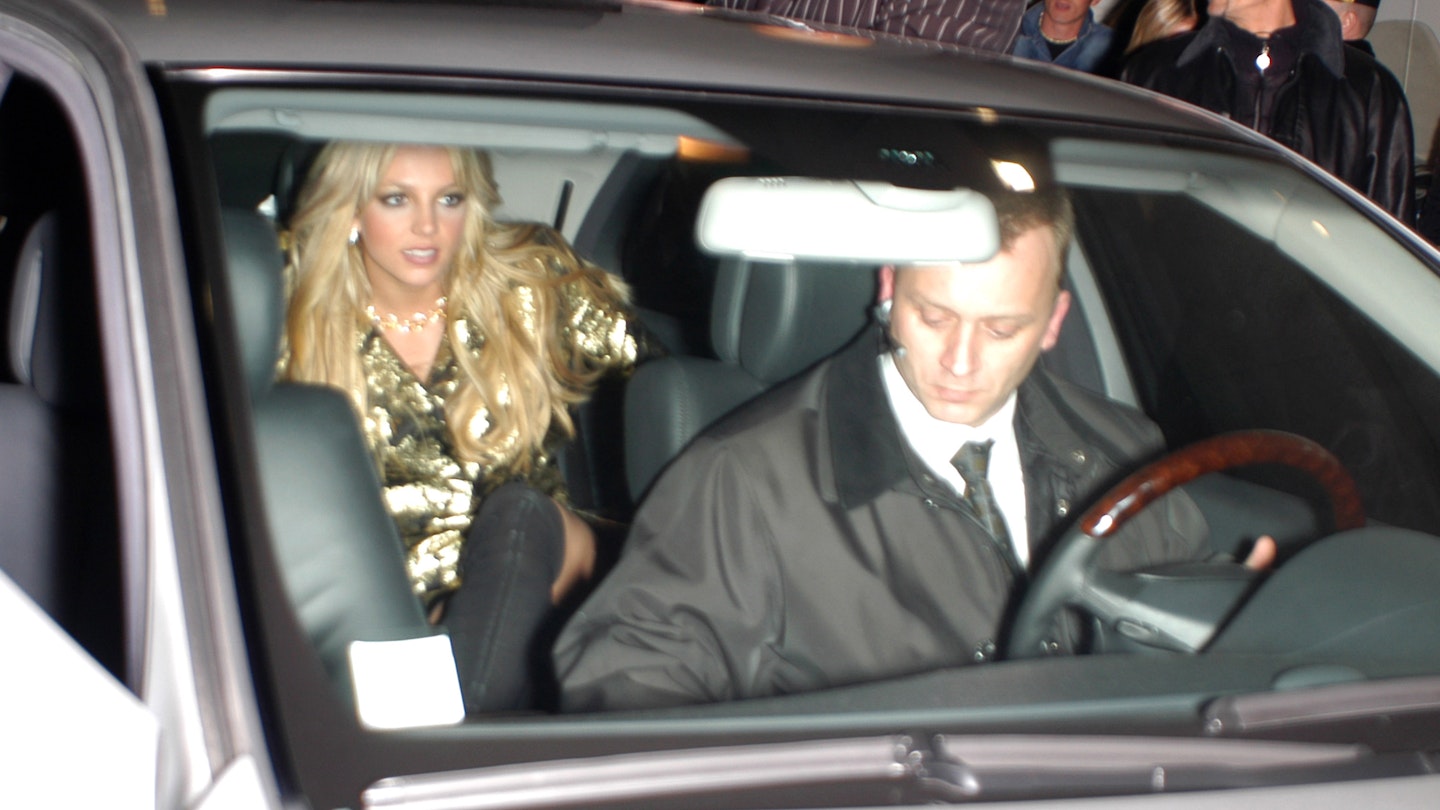Uber has just announced a series of new features designed to tailor rides to passenger’s wants and needs, including temperature control, help with luggage, and a ‘quiet mode’ which allows you to choose from the options ‘quiet preferred’ and ‘happy to chat’ in the app.
It’s worth noting that this new set of features is only available in the US, and only for Uber Black customers (which costs about twice the price of Uber X.)
Nevertheless, cue a flurry of excitement on Twitter with people thrilled Uber is finally listening to requests to be able to choose whether or not you want to speak to your driver.
Sounds ideal right? Many of us have had experienced the pain of constant attempts at conversation when trying to catch a quick nap in the back of a ride, but what kind of journey are we embarking on as a society with Uber’s quiet mode?
As Twitter user and reporter Ben Walsh points out, the way Uber quiet mode is being reported on is worrying; ‘the language here is so dehumanizing: "launches quiet mode" as if the company were sending out a software update and not sending instructions to workers it clearly employs.’
If we stop to think about what this actually means for Uber drivers, the story takes a slightly more sinister turn. We already know that working in service industries can be challenging, and most of us can only imagine what it’s like to be an Uber driver in such close proximity to passengers who may be abusive, aggressive or just entitled. When we asked an Uber driver working during London Fashion Week to tell us anonymously about his experiences, he recalled stories of people vomiting in the car and verbally abusing him.
By adding more functions to control drivers as if they were merely extensions of the car, we’re further dehumanising them, and that doesn’t bode well for humanity.
A recent YouGov poll found that 55% of Brits admit to being rude to their Siri, Alexa or Google Home devices, with 30% of men claiming they never say please and thank you. But that’s not the same as being rude to an Uber driver right?
Well if we treat robots badly, and then start to see service industry workers as robots and not the humans they are, it’s a downward spiral into a complete lack of humanity, ill-treatment and an end to open communication between drivers and those being driven. Paying a bit extra to control whether or not your driver is allowed to speak to you seems a dangerous precedent to set.
Interestingly, Uber drivers may only have become so chatty in the first place because Uber added ‘good conversation’ as a category on driver’s scores. So Uber drivers who wanted to get better scores, and so be able to make more money by being booked for more expensive ride options like Uber Black, went out of their way to get a good conversation score.
Uber created the problem, and is now trying to deploy a quick fix.
